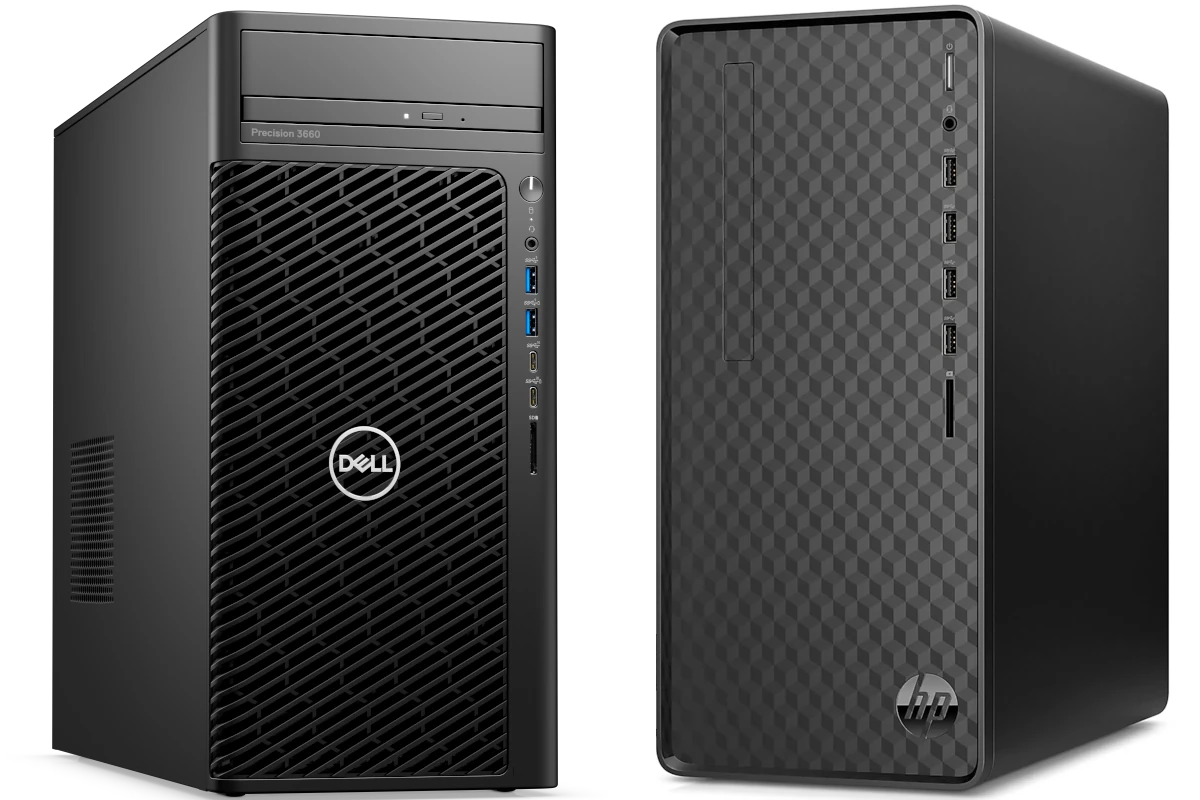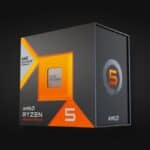When choosing a desktop computer, it’s important to consider both productivity and entertainment needs. HP and Dell are two industry frontrunners, each with their own strengths. The decision between them depends on individual preferences and needs. Both brands offer a range of desktops, from basic models for everyday tasks to high-performance machines for gaming and professional work. Your choice between HP and Dell depends on your specific needs and priorities. If you’re looking for a powerful gaming machine or a budget-friendly option, HP might be the best choice. If you prioritize premium features, build quality, and reliable customer support, Dell could be a better fit. Researching specific models, comparing specifications and features, and reading reviews will help you make an informed decision that meets your requirements and budget.
Dell Desktops: https://www.dell.com/en-us/shop/desktop-computers/sc/desktops
HP Desktops: https://www.hp.com/us-en/shop/vwa/desktops
Choosing the Right Desktop: HP vs. Dell
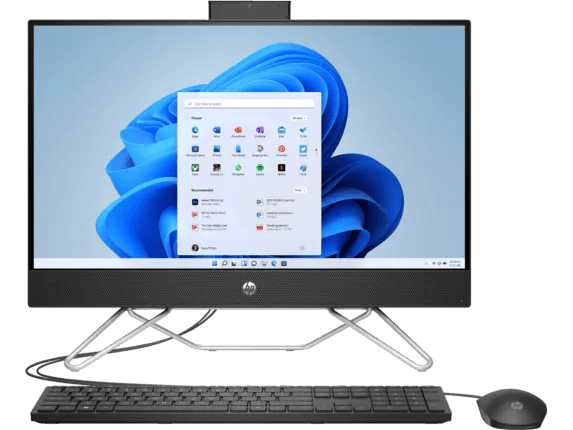
Performance
Both HP and Dell offer a range of desktop computers catering to different needs and budgets. When it comes to raw performance, both brands offer comparable options with powerful processors, ample RAM, and high-performance storage options. However, certain models within each brand’s lineup might excel in specific areas.
- HP: Often praised for its gaming-oriented desktops, like the Omen series, which boast powerful graphics cards and processors.
- Dell: Known for its XPS and Alienware lines, which cater to professionals and gamers alike, delivering high-end performance and innovative features.
Value
When considering value, both HP and Dell have their strengths.
- HP: Generally offers competitive pricing, making their desktops more budget-friendly, especially for casual users and students.
- Dell: While generally pricier, Dell often bundles premium features, better build quality, and longer warranties, potentially justifying the higher cost for demanding users and professionals.
Key Features Comparison
| Feature | HP | Dell |
|---|---|---|
| Design and Aesthetics | Diverse range of styles, from sleek and modern to more traditional. | Focus on minimalist and professional aesthetics with premium materials. |
| Customization Options | Wide range of configurable options to tailor the system to your needs. | Limited customization options, but pre-built models often offer a balanced configuration. |
| Customer Support | Mixed reviews on customer support experiences. | Generally regarded as having reliable and responsive customer support. |
| Target Audience | Appeals to a wide range of users, from casual users to gamers. | Caters to both professionals and gamers with its diverse product lines. |
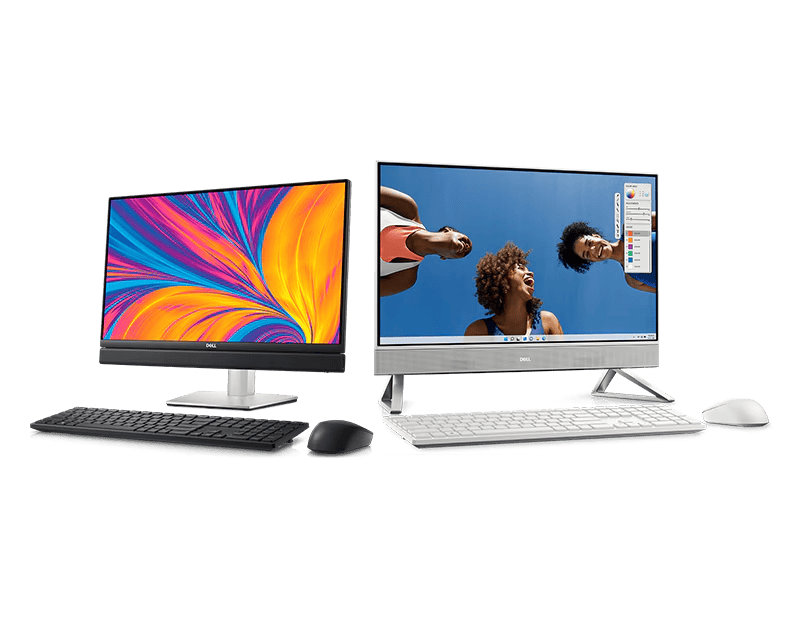
Comparing HP and Dell Desktops
| Factor | HP | Dell |
|---|---|---|
| Overall Reputation | Both brands are well-established and reliable with strong customer bases. | Both offer a wide range of products to suit different needs and budgets. |
| Price | HP often has a slight edge in affordability, offering budget-friendly options. | Dell can be more premium priced, especially in their high-end lines |
| Design | HP leans towards sleek designs, particularly in all-in-one models. | Dell’s design tends to be functional and robust. |
| Performance | Both offer powerful machines for gaming, creative work, and general office use. Models with similar specs will perform comparably. | Individual model spec comparisons are needed for the most accurate assessment. |
| Customer Support | Experiences vary. Dell’s ProSupport often receives praise for its efficiency. | HP’s support has mixed reviews, but generally offers good assistance. |
| Innovation | HP sometimes pushes design boundaries (rotatable displays, unique form factors) | Dell focuses on robust functionality and catering to specialized needs (XPS line for creators) |
Important Notes:
- Don’t choose based on brand alone: Specific models matter more than the overall brand as both have strengths and weaknesses.
- Purpose is key: Evaluate based on your needs (gaming, office work, video editing, etc.).
- Read reviews: Look at reviews of specific models you’re considering.
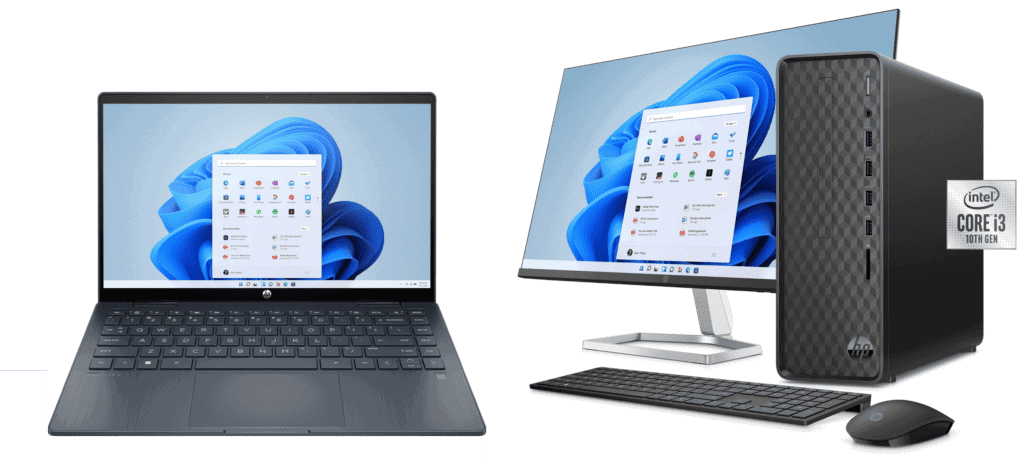
When comparing HP and Dell desktops, several factors come into play, such as design, features, performance, and customer support. HP often receives praise for its sleek, innovative designs that combine style with functionality. On the other hand, Dell is recognized for its extensive range of customizable options, catering to a wide array of user requirements. Users also weigh the value of after-sales support and the overall cost-to-performance ratio of systems from both companies to arrive at an informed decision tailored to their specific computing needs.
Key Takeaways
- HP and Dell offer a wide selection of desktop computers to suit various user preferences and requirements.
- Significant comparison factors include design, performance, features, customer support, and price.
- Evaluating both HP and Dell desktops requires consideration of individual user needs to determine the best choice.
Comparative Analysis of HP and Dell Desktops
When it comes to HP and Dell desktops, buyers have a lot to consider in terms of design and build quality, hardware performance, and the systems’ capabilities for gaming and productivity.
Design and Build Quality
HP often grabs attention with its sleek designs that stand out in the all-in-one desktop market. These machines blend style with functionality, utilizing materials like aluminum to give a premium feel. Alternatively, Dell’s approach highlights versatility with options ranging from compact towers to the larger Alienware Aurora R12 gaming rigs. Both brands focus on design elements that promise to hold up well over time.
Hardware and Performance
When evaluating processing power, both companies offer systems with a range of Intel and AMD CPUs. For example, HP’s Omen series can come equipped with powerful Intel Core i7 chips for heavy workloads. Dell, on the other hand, often includes equally high-performance processors in its machines as well as top-of-the-line Nvidia RTX graphics cards for intense graphic work. Memory options are plentiful with configurations that range from 8GB to 64GB of RAM, catering to both average users and professionals who use demanding productivity software.
Gaming and Productivity
For gamers, Dell’s Alienware line is a strong contender, boasting heavy-duty Nvidia RTX 3080 GPUs that deliver stunning visuals. HP answers with its Omen line, offering competitive performance for gaming and content creation tasks. Both brands have options well-suited for video editing and other productivity tasks with ample SSD storage and powerful GPUs to accelerate creative workflows.
In both gaming and professional environments, users will find that each brand has its own strengths, with HP prioritizing value and design, while Dell offers customization power and cutting-edge performance.
Features, Support, and Price Comparison
When deciding between Dell and HP desktops, three critical areas to consider are the features each brand offers, the support and service commitments, and the price-to-value ratio that each provides. This section examines these factors to help readers make an informed choice for their needs.
Operating Systems and Software
Both Dell and HP offer desktops with various operating system options such as Windows 10, Windows 10 Pro, and the newer Windows 11. Dell’s Alienware line is a top choice for gamers because of its high-performance features and the ability to run demanding software smoothly. HP desktops often come with additional proprietary software which can be helpful for business users or those looking for an integrated experience.
Display and Graphics
Display technology and graphics capabilities are areas where both brands strive to excel. Users will find options from Dell with NVIDIA RTX graphics cards and HP models equipped with Intel Iris Xe graphics. For those desiring higher screen resolution, HP may provide desktops with superior options. Dell also offers impressive display configurations, particularly in its touchscreen models.
Support and Warranties
Dell and HP are known for their reliable customer support. Both companies offer extensive warranties which can be extended for extra protection. Dell distinguishes itself with a range of support services that can be customized to meet the user’s needs. HP offers competitive support options that include easy access to customer service and helpful troubleshooting resources.
Pricing and Value for Money
HP desktops cover a broad spectrum of price points, often making them accessible to a wide range of users. Dell desktops, famous for their competitive pricing, can present a lower entry price. It’s important to compare the specifications side by side, as Dell may offer more customizable options that can affect the overall cost. Both brands provide strong value, but the best choice will depend on the individual’s specific requirements and budget constraints. Consideration of SSD storage capacity is essential, with options like 512GB and 1TB commonly available, impacting the price and value proposition.
Frequently Asked Questions
When selecting a desktop computer, many people compare HP and Dell due to their popularity and range of products. Here we address some common queries users may have.
What are the differences in specifications between HP and Dell desktops?
HP and Dell desktops offer various specifications that cater to different needs. Dell often has the upper hand in high-end gaming models like Alienware, which is known for its powerful performance. HP competes strongly with its Omen series, providing good specifications at often more favorable prices.
Which brand tends to offer better reliability for desktop computers, HP or Dell?
Both HP and Dell have built reputations for producing reliable desktops. The choice between the two may come down to personal experiences or specific product lines. Reviews and consumer reports can offer insights into the reliability of models you are considering.
How do HP and Dell desktops compare when used for gaming purposes?
Gaming enthusiasts have distinct preferences. Dell presents its Alienware line, featuring high-performance gaming rigs. On the other hand, HP offers solid options like the Omen series, which boasts competitive gaming specs. Storage and graphic capabilities are key comparisons for gamers to consider.
For students, which desktop brand is recommended: HP or Dell?
For students, both brands provide choices that align with educational needs. HP might draw students with its energy-efficient and affordable models. Dell’s options, on the other hand, stand out for durability and performance, which can be crucial for more intensive tasks.
In terms of business use, which desktop brand is preferable, HP or Dell?
Business users can rely on Dell’s Latitude series for its enterprise-level security and robustness. HP’s EliteBooks compete with durable builds and comprehensive IT management tools. Your use case may dictate the better brand for your business needs, focusing on either security features or management capabilities.
Between Dell Inspiron and HP Pavilion desktops, which offers superior performance?
Comparing the Dell Inspiron to the HP Pavilion will depend on the specific configurations you consider. Generally, Dell Inspiron models present solid performance with options to cater to a variety of needs. The HP Pavilion offers high screen resolution and ample screen real estate, especially in its all-in-one configurations.

